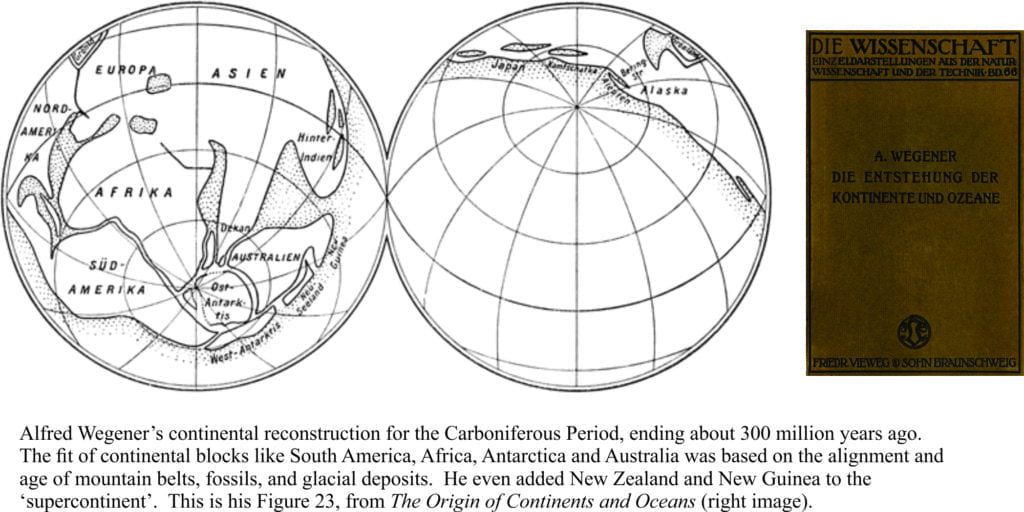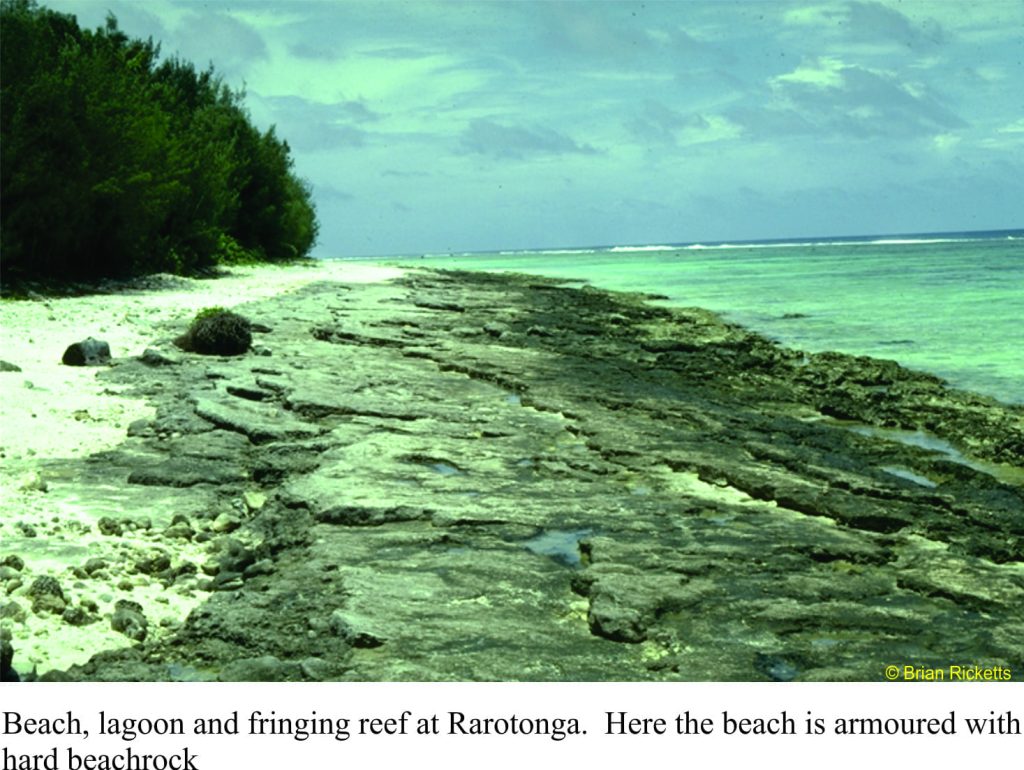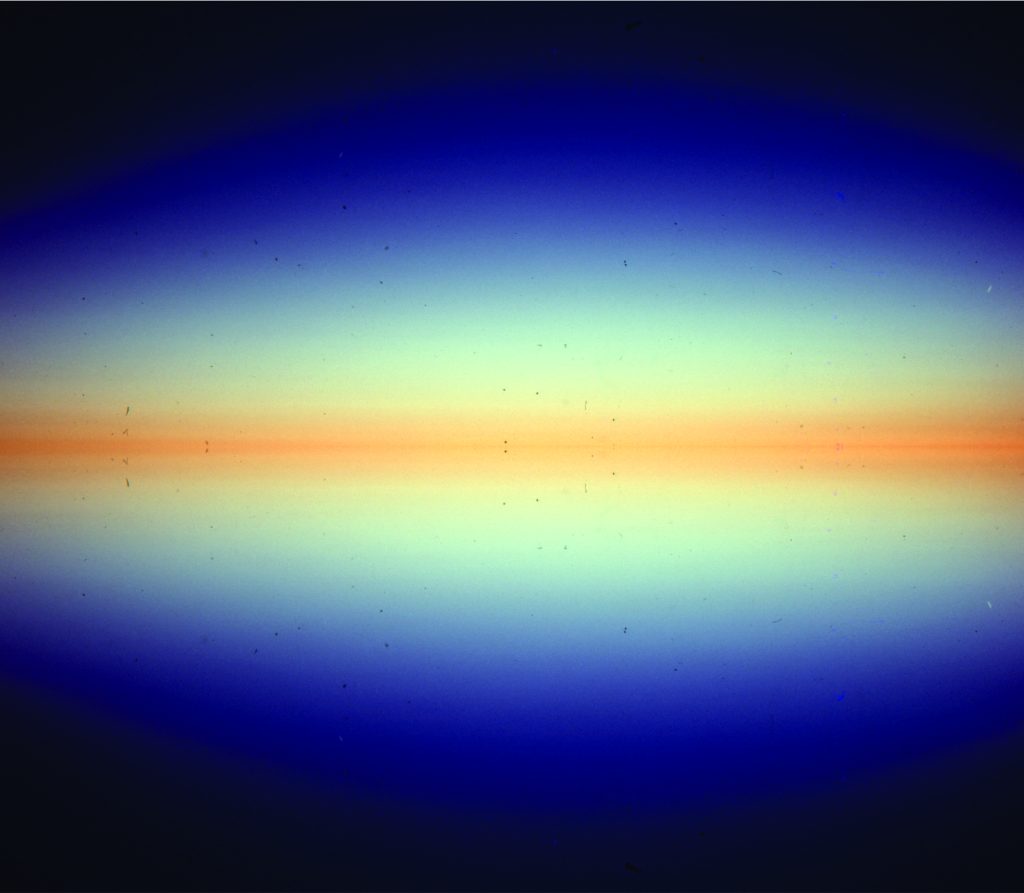Continental Drift was the leading hypothesis for continental aggregation, prior to plate tectonics
German meteorologist Alfred Wegener, in a fit of creativity, presented his ideas about drifting continents to a 1912 geological meeting in Frankfurt. He published an expanded version of his theory in 1915 – The Origin of the Continents and Oceans, to muted applause and resounding derision. I found this quote by Russian contemporary, Vladimir Beloussov, in Arthur Holmes’ Principles of Geology wherein Beloussov quips in less than glowing terms of the “…total vacuousness and sterility of the hypothesis”. The tenor of this remark was probably typical of Wegener’s detractors. In fact, even today, certain scientific hypotheses and theories suffer the slings and arrows of equally vacuous remarks from the scientifically challenged. As it turned out, Wegener’s revolutionary ideas were the vital spark that gave birth to modern Plate Tectonics. Continue reading



